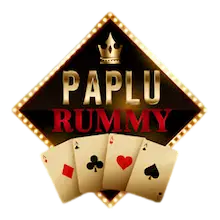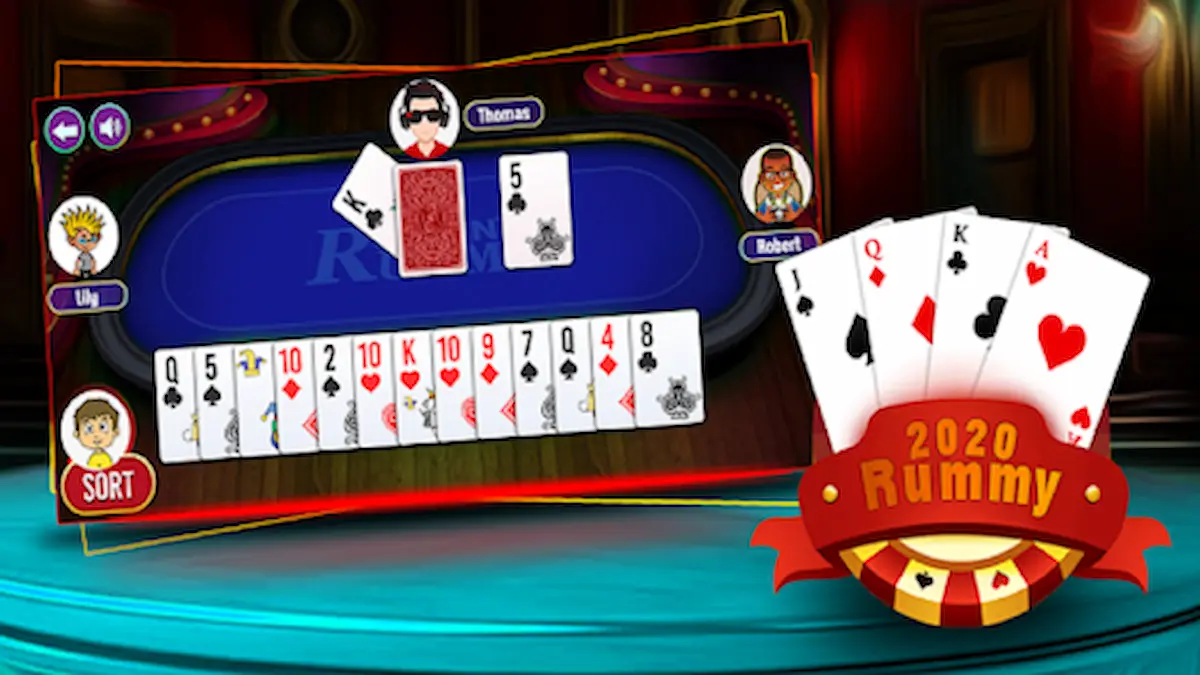Card games are a beloved pastime in many cultures, and in India, Paplu holds a special place. Whether you’ve heard the name in family circles or spotted it in online gaming apps, the Paplu card game is more than just a way to pass time—it’s a game of skill, memory, and strategy.
In this article, we’ll dive into the Paplu game, its origin, how to play Paplu, and why it’s gaining popularity in the digital era.
What Is the Paplu Game?
Paplu is a traditional Indian card game that belongs to the rummy family, specifically the 13-card Indian Rummy variant. It is often played in social settings like family gatherings and festivals, and has transitioned into a widely played online game.
Key Highlights:
-
Paplu is a meld-based game
-
Played with two to six players
-
Involves forming valid sets and sequences
-
The player who melds correctly and discards a card first wins
Though similar to other Rummy games, Paplu has specific cultural roots and local variations, making it unique and widely loved in India.
Brief History of the Paplu Card Game
Paplu is believed to have evolved from gin rummy and contract rummy, which were brought to the Indian subcontinent during British colonial times. Over time, Indian communities adapted the game with regional rules, names, and formats.
Paplu is especially popular in Indian states like Maharashtra, Gujarat, Andhra Pradesh, and West Bengal. The name Paplu is sometimes used interchangeably with Indian Rummy, although some rule variations may exist.
With the rise of mobile gaming, Paplu has found a new audience online. Apps like RummyCircle and Junglee Rummy now offer Paplu variations with real money play and tournaments.
Game Setup: What You Need to Play Paplu
To play the Paplu card game, you’ll need:
-
A standard 52-card deck (2 or 3 decks, depending on the number of players)
-
2 to 6 players
-
Printed or digital score sheets (for offline games)
-
Chips or money (optional, for cash-based games)
Each player is dealt 13 cards, and the goal is to arrange them into valid combinations before your opponents.
How to Play Paplu – Step-by-Step Guide
1. The Deal
Each player is dealt 13 cards. The game uses 2 decks with jokers when playing with more than two players.
A random card is drawn to act as the wild joker, and all other cards of that rank become jokers as well. For example, if 7♦ is picked, all 7s are jokers.
2. The Objective
The primary goal is to form:
-
At least two sequences
-
At least one pure sequence (no joker)
-
Remaining cards in valid sequences or sets
Once a player meets the requirement, they must discard one final card to declare.
3. Valid Sets and Sequences
Here’s what’s considered valid:
Pure Sequence:
Three or more consecutive cards of the same suit without a joker.
Example: 5♠, 6♠, 7♠
Impure Sequence:
Three or more consecutive cards of the same suit with a joker.
Example: 9♣, 10♣, Joker
Set:
Three or four cards of the same rank but different suits.
Example: 8♠, 8♦, 8♣
You must have at least one pure sequence to make a valid declaration.
4. Discarding and Picking
Players take turns to:
-
Draw a card from the closed or open deck
-
Discard one card to the open deck
Strategic discards can confuse opponents and help protect your hand structure.
5. Declaration
Once a player arranges all 13 cards into valid combinations and discards the last card, they declare. If the declaration is valid, they win; if not, they incur a penalty.
Scoring in Paplu
Scoring varies slightly depending on the format, but the general idea is:
-
Valid declaration: 0 points (best score)
-
Invalid declaration: 80 penalty points
-
Other players: Sum of unarranged cards (maximum 80 points)
Face cards (J, Q, K, A) = 10 points
Jokers = 0 points
Numbered cards = Face value
The player with the lowest score wins over multiple rounds.
Online Paplu: Play Anytime, Anywhere
With mobile gaming booming in India, online Paplu is more accessible than ever. Platforms offer:
-
Free practice games
-
Cash tournaments
-
Real-time multiplayer features
-
Leaderboards and rewards
Top Online Platforms:
-
Junglee Rummy
-
Adda52 Rummy
-
Classic Rummy
These apps also follow strict fair-play protocols and use RNG (Random Number Generator) to ensure unbiased dealing.
Tips & Strategies to Win the Paplu Card Game
Success in Paplu depends on both skill and memory. Here are some effective tips:
1. Prioritize Pure Sequences
Always try to form a pure sequence first, as it’s mandatory for a valid declaration.
2. Track Discards
Keep an eye on what your opponents pick and discard—it gives clues about their hand structure.
3. Use Jokers Wisely
Save jokers for completing sets or impure sequences, not for pure ones.
4. Avoid High-Point Cards
If you’re not close to a declaration, discard high-point cards (like face cards) early to minimize penalty points.
5. Don’t Rush Declaration
An early declaration without a valid combination leads to a huge penalty.
Paplu vs. Other Rummy Games
Here’s how Paplu compares to other rummy variants:
| Feature | Paplu | Gin Rummy | 21 Card Rummy |
|---|---|---|---|
| Players | 2–6 | 2 | 2–6 |
| Cards per player | 13 | 10 | 21 |
| Use of jokers | Yes | Rarely | Yes |
| Popular region | India | USA | India |
| Strategy depth | Moderate to High | High | Very High |
Paplu strikes a balance between simplicity and strategy, making it ideal for casual and competitive players alike.
Is Paplu Legal in India?
Yes, Paplu is classified as a game of skill, not gambling, and is legal in most Indian states. According to the Supreme Court of India, games that require skill (even if money is involved) are not considered gambling.
However, some states like Andhra Pradesh, Telangana, and Assam have restrictions on online card games for cash.
Final Thoughts
The Paplu card game is more than just entertainment—it’s a cultural icon that blends strategy, memory, and timing. Whether you’re learning how to play Paplu for the first time or looking to sharpen your strategy, this classic rummy game offers hours of thoughtful play.
And thanks to online platforms, you no longer need to wait for the next family get-together—you can enjoy Paplu anytime, anywhere.
Ready to play? Head over to RummyCircle or Junglee Rummy and test your skills!



